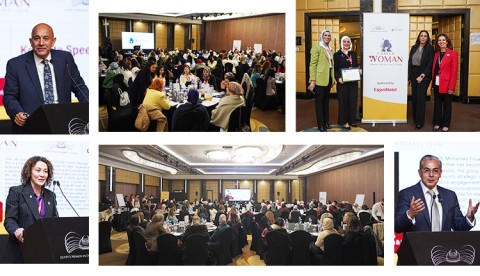Canadian oil sands producers have stated that they will make a final investment decision (FID) on carbon capture and storage project in Mid-2025, said the president of the Pathways Alliance on Monday.
The Pathways Alliance, a consortium of the six largest oil sands companies, plans to build a carbon capture and storage (CCS) hub in northern Alberta to store emissions from 14 projects. With a proposed budget of C$16.5 billion ($12.03 billion), the project is expected to help decarbonize the industry, which currently contributes more than 10% of Canada’s total emissions.
According to Pathways President Kendall Dilling, the alliance is on track to submit a project application to the Alberta Energy Regulator in the next few months. The regulatory process is expected to take a year, meaning that FID will begin in mid-2025.
Dilling acknowledged that some may view the project as moving too slowly, but he emphasized the importance of working through the process with stakeholders. He also assured that the project remains on track to meet Canada’s target of reducing emissions by 40%–45% below 2005 levels by 2030.
By 2030, Pathways aims to capture and store 22 megatons of carbon annually. The alliance has already invested C$80 million in the CCS project and plans to spend an additional C$1 billion next year, with most of the spending occurring after project approval.
The Canadian government, led by Prime Minister Justin Trudeau, is also taking steps to regulate oil and gas emissions. They plan to introduce a plan to cap these emissions by the end of this year.
The CCS project has received support from both the federal and provincial governments in Canada. Ottawa has announced a 50% investment tax credit to support the project, while the Alberta government is expected to announce provincial tax credits this week. However, in addition to these tax credits, Pathways has stated that a financial contract is essential to help offset operating costs.
Last week, the federal government announced that its Canada Growth Fund would start issuing contracts for difference, which would help guarantee the future price of carbon credits. This fund has allocated up to C$7 billion to underwrite these contracts.
However, Pathways CEO Dilling has expressed uncertainty about whether this amount would be enough to support the CCS project, considering the large volume of credits it will generate. The alliance is currently in discussions with Canadian government officials regarding these contracts.
Apart from the financial aspect, the CCS project also requires a 400-kilometer pipeline to transport captured carbon. Pathways is currently consulting with Indigenous groups along the pipeline’s path to explore potential economic participation, such as taking an equity position in the project.
“They are still working through whether they want to participate in that,” Dilling said.








